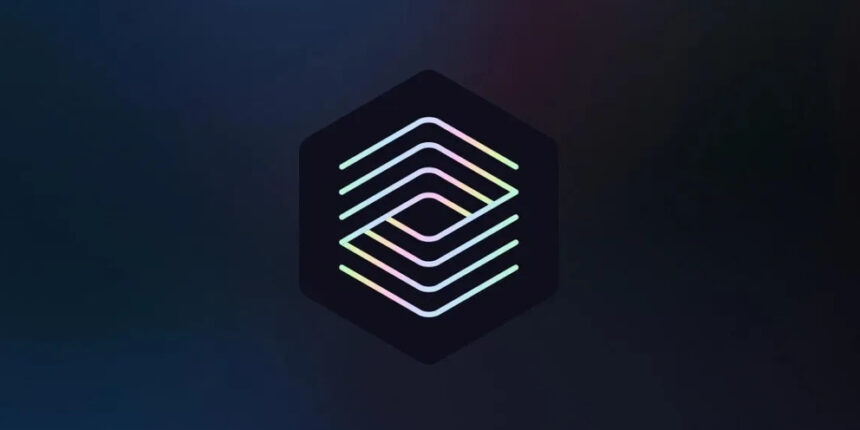With the launch of Codex, OpenAI has introduced a powerful AI tool that has the potential to revolutionize the world of programming. As AI models become increasingly sophisticated, companies like Google and Microsoft have estimated that about 30% of their code is now generated by AI. Codex, now available in preview form within ChatGPT, is poised to change how software developers and engineers work, possibly rendering traditional coding methods obsolete. But how does it work, and what does it mean for the future of coding?
Virtual Coder
Codex is not just another tool for developers—it’s a virtual coworker that operates within the ChatGPT interface. Unlike traditional coding environments that rely on local setups and hardware, Codex runs in the cloud, handling multiple programming tasks simultaneously. It is designed to automate various aspects of software development, from writing features to fixing errors, all by simply following natural language prompts from users.
For example, a user can ask Codex to add a login function to their website or fix an existing bug. Codex will process the request, run tests, read code files, and even edit codebases, all without the need for constant internet access. While the time to complete tasks can vary from a few minutes to half an hour, the efficiency and ease that Codex brings to coding tasks are game-changing.
Read More: Tesla EV Charging Stations Gain Boost Amid Japan Tariff Talks
How Everyday Users Can Try Codex
Codex is available to subscribers of ChatGPT’s Pro, Team, or Enterprise plans. For users who already have access, it’s a simple matter of navigating to the app’s sidebar and assigning tasks through natural language instructions. There’s no need for deep technical knowledge or coding expertise—just type your request in plain language. For instance, typing “Add a login function to my website” will trigger Codex to start working on it.
In case Codex encounters problems—like a failed test or ambiguous instructions—it pauses, explains the issue, and provides users with the opportunity to adjust or clarify the task. This approach makes it accessible not only to developers but also to individuals without a programming background who want to experiment with software development.
A Shift for Developers: What Codex Means for the Future
For developers and tech companies, Codex represents a significant shift in how software development projects are approached. Companies looking to reduce costs or speed up delivery times might increasingly rely on AI-powered tools like Codex to handle routine and repetitive tasks. This, in turn, could create opportunities for individuals without deep technical knowledge to take part in coding tasks and software development.
Additionally, Codex is part of a broader trend in the tech industry. As AI tools that write code become more widespread, the percentage of code generated by AI in major tech companies like Google and Microsoft will likely continue to rise. Currently, AI generates around 30% of code at these companies, and with time, this number is expected to grow. OpenAI also uses Codex internally to handle tasks like testing and documentation, allowing human engineers to focus on more strategic and creative work.
Also Read: Car Insurance Premiums Surge: UAE Faces Global Shock
Codex’s Limitations
Despite its impressive capabilities, Codex is far from perfect. It still has limitations, particularly when dealing with vague or poorly defined instructions. While it can handle basic coding tasks efficiently, advanced tasks like debugging or catching subtle errors are still areas where human expertise is essential. Codex is also constrained by safeguards designed to prevent harmful or malicious code generation. It operates in a controlled environment with no access to the broader internet or external APIs, which helps reduce risks but also limits its flexibility.
AI Coding is A Tool, Not a Threat
For software developers, startups, and aspiring tech students, Codex represents an opportunity to boost productivity and explore new workflows. However, it also emphasizes the growing need to learn how to work alongside AI, rather than fear it. As AI tools like Codex handle more of the routine work, developers’ roles may evolve from coding line-by-line to reviewing, refining, and guiding the output produced by AI.
In the End
While Codex and similar tools might transform the coding process, they are unlikely to make human developers obsolete. Instead, they will likely become essential teammates that complement human creativity, strategic thinking, and expertise. As AI continues to evolve, the key for developers will be learning how to effectively collaborate with these intelligent systems, ensuring that coding remains a human-centered, creative endeavour.
Follow 10X Times for more business news.






